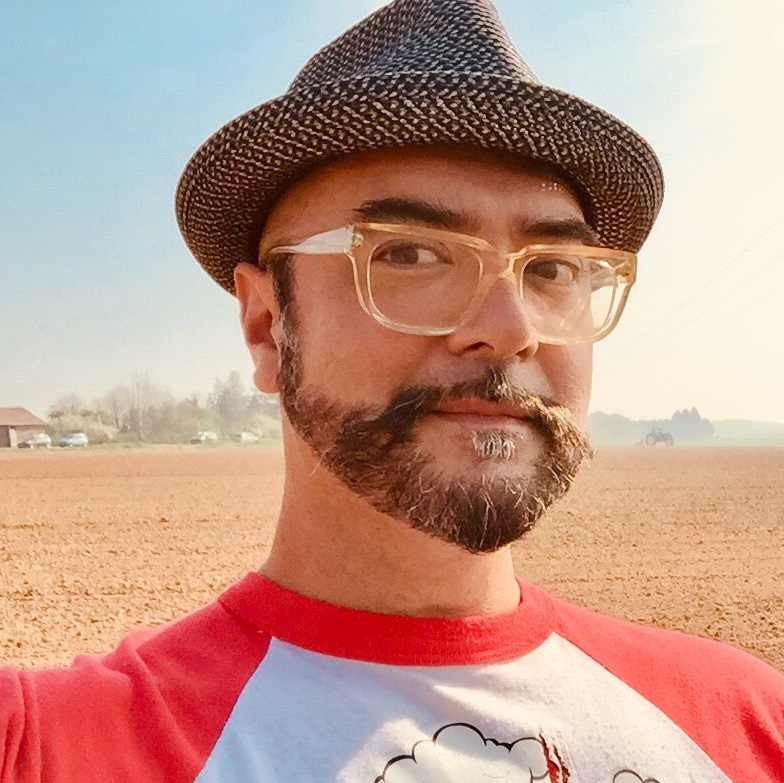
By Kai Wada Roath
Travel Writer3 Nov 2018 - 5 Minute Read
It’s my last night of a five-week expedition traveling through remote Himalayan villages, collecting stories about the Yeti and interviewing eyewitnesses that have seen the elusive beings. My 70-cent room is lit by a single yak-butter candle, and I read a creased pocket book of Greek myths. The next morning, I bribe a cargo pilot to let me ride in the back of his small plane to catch my connecting flight out of the country. The landing wheel gears freeze on our flight, and we crash-land sideways on the runway in a storm of sparks.
Ten months later, I’m in Delphi, the “Navel of the World”, where the Temple of Apollo once stood. It was here that Hercules consulted the future-seeing Oracle, and was tasked with accomplishing the 12 famous labours that made him a hero.
It’s on this same Aegean adventure that I visit the ancient ruins of Troy, just southwest of Çanakkale, Turkey. Our local guide, after telling us his long-winded monologue about the Trojan horse and war, asks if we have any questions. I ask him what he thought about Hercules coming to Troy to defeat the sea monster sent by Poseidon, and, when not paid by King Laomedon (the Grandfather of Hector and Paris, of Trojan War fame) as promised, returned in a drunken rage to sack and destroy the Kingdom. Not having heard that story before, the guide looks at me as if I’m nuts and waves me off.
I like to think he went to research about Hercules’ visit to Troy that night.
A passion for monsters and myths
I love monsters, myths, and traveling. My heart begins to ache without them. I believe my love for these came from my grandparents, who were world travelers and had a taxidermied Taniku from Kyoto in their home. A Taniku is one of Japan's most beloved Yokai, a supernatural spirit, and takes the form of a mischievous raccoon dog.
This passion has found me seeking Roma werewolf tales in Transylvania by train (pit-stopping, of course, to see Dracula’s beautiful and eerie home village of Sighisoara), visiting the farm of the malicious Bell Witch of Tennessee, and getting a diploma after attending a class at the Elf School in Reykjavik, Iceland.
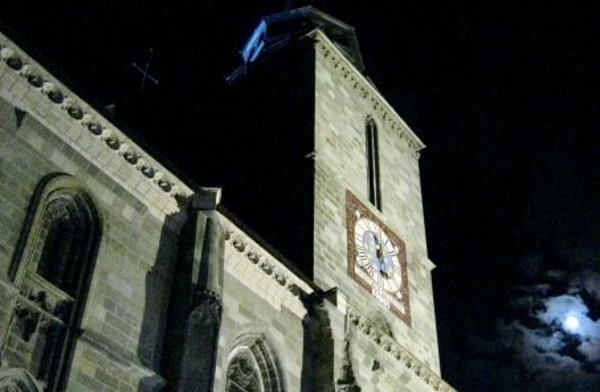
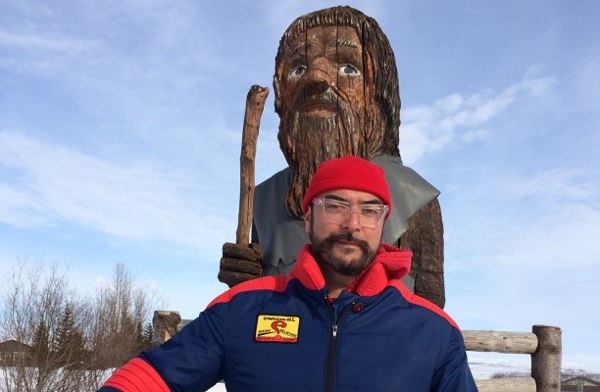
Behind every legend, there is some truth, and often with that truth, a lot of great imagination.
The legends that interest me are the strange ones that raise a curious eyebrow or a stern stare from the locals when I ask about them. Perhaps the best combination of these looks I’ve received was on the “honeymoon postcard” island of Santorini, when I asked people if they knew where I could find the secret church used long ago by the Vrykolakas-hunters.
At one time, the island was said to have hosted the largest population of Vrykolakas in the world. You might know Vrykolakas better as...vampires.
I’ve returned to Greece a handful of times, to stand in different locations where a mythological feat of a monster once took place, or to visit an obscure minor deity temple and use my imagination to go back in history, dreaming of the battles, dances, offerings, and sacrifices that were said to have happened there. Stepping back in time like this is more romantic for me than visions of the flying cars and telepathic telephones of the future.
A mummy and a pirate curse
One year, I unintentionally got double-cursed. I first traveled to the Valley of the Kings, across the Nile from Luxor, to defy the curse of entering King Tut’s tomb. I’d spent almost three weeks in Egypt, collecting magical amulets in the local bazaars with my California-swap-meet haggling skills, and had a collection of them in my backpack to hopefully “downgrade” the curse.
To my surprise, they’d just placed King Tut’s mummy back in his tomb. Perhaps the only curse I received was a lack of appetite after seeing his dried features, leathered as a football, for it was the first time I had no interest in the pack of victory beef jerky that I usually rip open after fulfilling my traveling goals.
I was next cursed while digging for Blackbeard the Pirate’s buried treasure at Dewey Point, in Oriental, North Carolina. I’ve often wondered if the treasure was cursed by the person hiding it, so no one would care to dig it up, or if it was cursed only by treasure hunters, to discourage amateur fortune-seekers like me from trying to find it. It’s similar to the Lost Dutchman's Mine in the Superstition Mountains of Arizona. (It’s rumored that a curse falls upon all who seek to find it. I tried looking for the Dutchman once, and I'm still around to eat pizza.)
After searching with a metal detector and digging on land, we used an underwater metal detector near the former site of Teach’s Oak, an old tree under which the treasure is claimed to be buried. It was a wonderful and strange day, at one time lightly snowing on us while the sun was out, while our minds pleasantly spun childhood fantasies of fortune and glory. We ended up only finding a rusty old boat motor, but celebrated with plates of Oysters Rockefeller and Clams Casino that night, nonetheless.
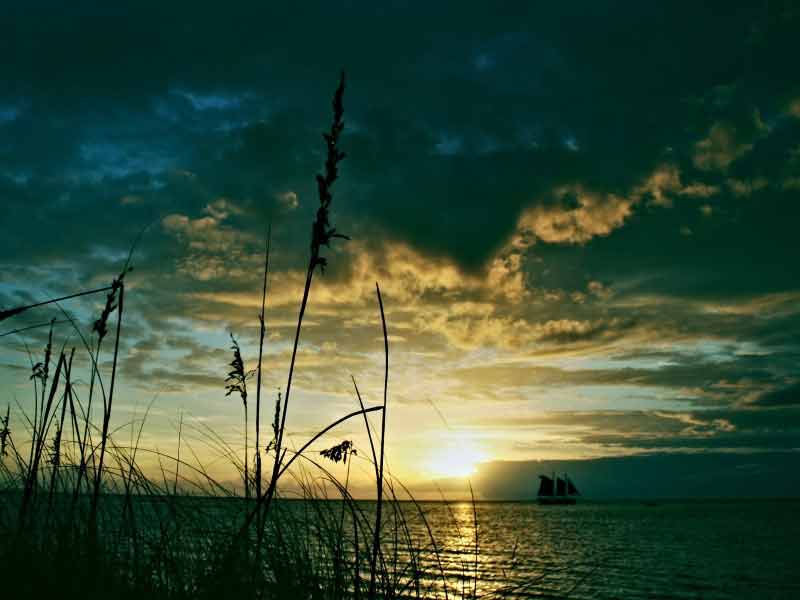
The following day I ventured to Ocracoke in the Outer Banks, in hopes of glimpsing the ghost of Blackbeard on the anniversary of his death in 1718. ’Tis said, that after being beheaded, Blackbeard’s body swam three times around the ship before sinking, and even now, 300 years later, his ghost can be seen glowing underwater, still searching for his head.
I encourage every swashbuckling pirate lover and nautical armchair historian to visit Ocracoke Island.
I encourage you to ask about the resident ghost at the next historic hotel or restaurant you visit.
Make the detour to visit the Menehune Ditch in Kawaii (said to have been built by Hawaii's “Little People”), or Fairy Glen on your travels in Wales.
Listen to the trucker at the late-night diner in Oregon tell his Bigfoot-sighting story with an open mind.
Support your local monster and keep folklore alive.
Discover similar stories in
discovery
Travel Writer
Kai Wada Roath is the official Ambassador of Confusion Hill, a 1950’s roadside attraction in Northern California.


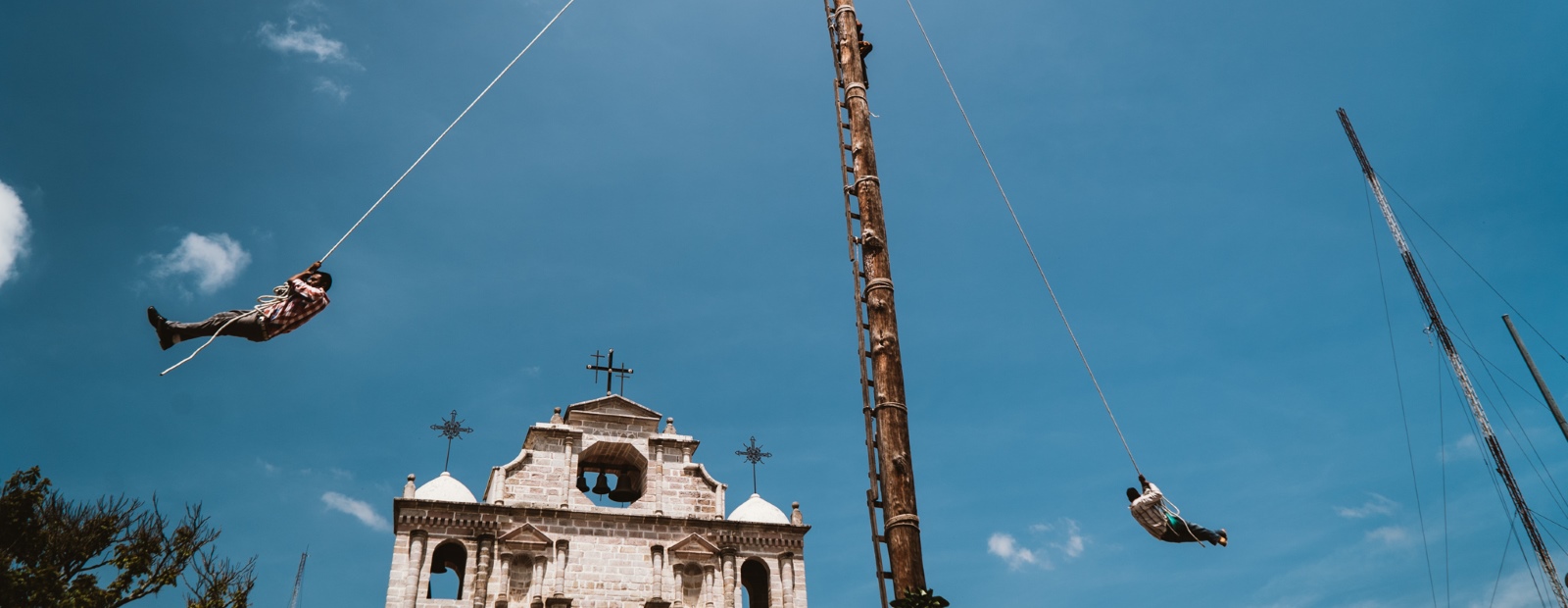
3 Comments
Hi! I didn't understand that part with the 'Roma' werewolf tales. What did you actually mean?
Hi Petra,
I asked the author for some clarification. He told me, "The Romani people, or Roma, are the traveling ethnic people of India and Europe. They have wonderful stories and legends that are passed down, that change with the culture and areas." Hope that answers your question!
Cheers,
Ellen
Hello Kai,
Where are your roots? You have a fascinating name.
Love the legends, folklore, myths and fairy tales you briefly outlined in your very informative tale.
Thanks for the read.
Kind regards
Tony van Maanenberg